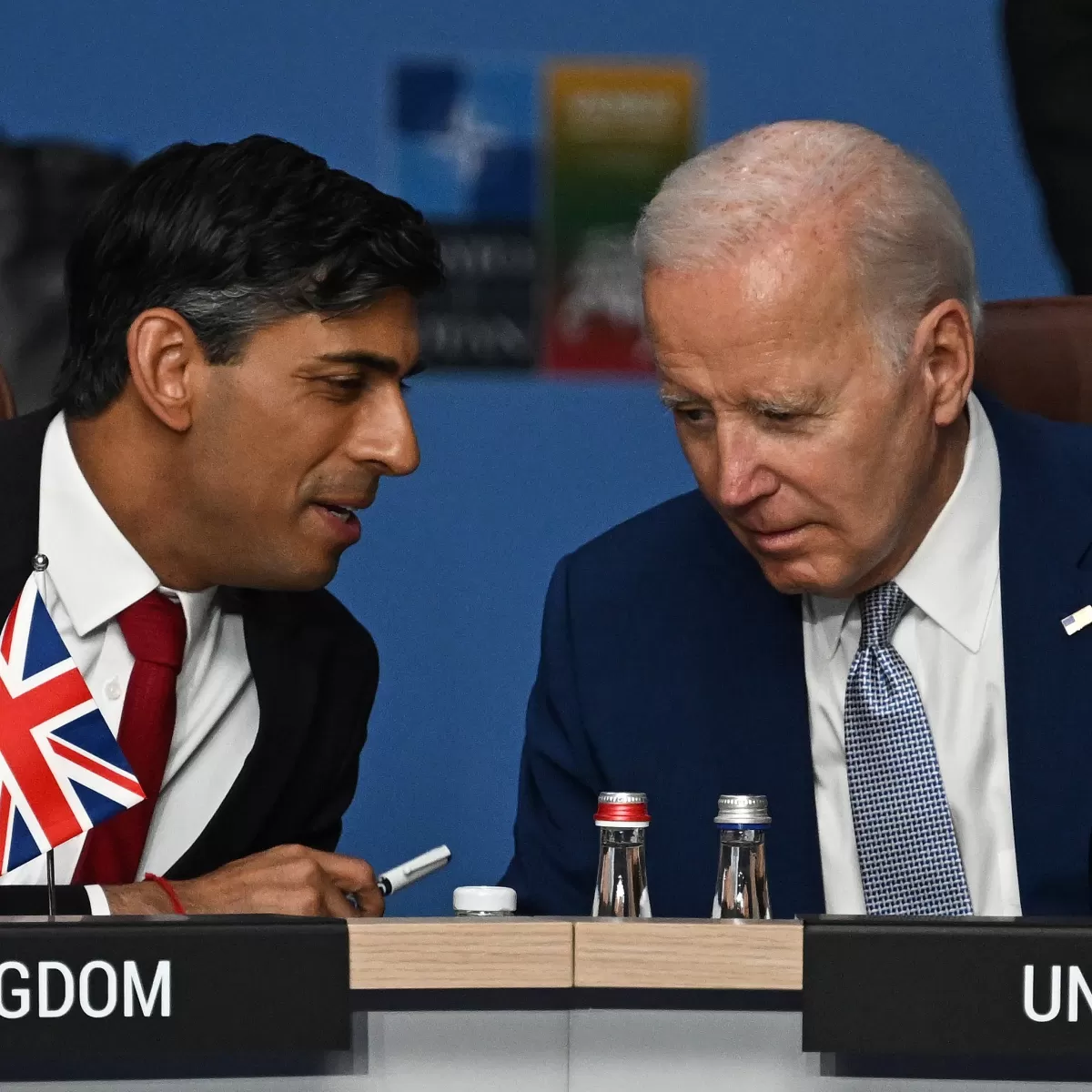This website uses cookies. Learn more
The Prime Minister is famously an enthusiastic admirer and student of Classics; it is perhaps appropriate then that his leadership stands on the banks of the Rubicon.
Firstly, the Prime Minister has undoubtedly had a difficult start to the year...
With rumour and admittance of parties and drinking in Downing Street while the rest of the country was deep in the throes of lockdown. Once loyal supporters of the Conservatives are beginning to call for his resignation.
Over the weekend, a slew of announcements, from the role of the military in immigration to the BBC licence fee from the Downing Street press team showed that the Prime Minister has not yet been defeated. The upcoming list of policy announcements are aimed at shoring up support from the so-called Red Wall seats and moving on the conversation from a bumpy few months. The Government is also expected to publish its long-awaited ‘Levelling Up Strategy’, which is expected to build on a cornerstone pledge of the 2019 Conservative Manifesto. These announcements are categorised as popular with and play to the 2019 intake of MPs, whom are on manoeuvres to remove him.
Though the Prime Minister’s authority has been shaken over the past week, he has been able to rely on the support of most of his Cabinet colleagues. Although, today is thought to be pivotal in his battle for survival with a reported coordinated plan by 2019 intake MPs to remove the PM from office. It is notoriously difficult, as demonstrated with Theresa May, to remove a Conservative leader. The number of no-confidence letters appear to be ticking up and have been, although this number is always filled with rumour and speculation. Fifty-four letters will be needed to trigger a vote of no confidence (15% of the parliamentary Conservative party). It is thought that this number could be breached today or following the Sue Gray report, although Graham Brady, Chair of the 1922 Committee will be the only one who will know the truth.
Even then, the dissenters will need to convince a majority of the Conservative Parliamentary Party (181 MPs) to remove the Prime Minister as leader. Though his authority has been damaged, the Prime Minister has enough support to ensure that this would not happen; for the moment at least. Furthermore, failing to remove a leader through a vote of no-confidence would see him unable to be removed from his role as party leader for twelve months. There may be discussions in Downing Street about stacking a confidence vote for the Prime Minister to sure up his position for at least another year.
Yet, there are trials ahead for his leadership. The most pressing is the investigation by Sue Gray into the Downing Street parties. Given the nature of the investigation, it is unlikely to implicate the Prime Minister in any criminal activity or directly lame blame with him. Nevertheless, awkward questions over his conduct and leadership style might persevere.
Secondly, there is the culture of Downing Street...
The case against the culture of his team and staff could overshadow any policy announcement made by the Government. Senior civil servants, such as the Cabinet Secretary, Simon Case, and other key members of the No.10 team, including Chief of Staff Dan Rosenfield, might also be sacrificed for the roles they played or did not play in the so-called party-gate scandals. Although politically expedient, this has the potential to cause further tension between Whitehall and No.10.
Finally, there are the local elections...
The Prime Minister enjoys a reputation as the ‘Heineken candidate’ – the ability to reach areas of the electorate that others cannot. Yet, if his leadership continues to be overshadowed with scandal, the Conservatives might perform badly. If the Prime Minister fails to live up to his reputation as a campaign winner, then the knives might be out.
A poll by Opinium found that a majority of Tory Party members do not think the Prime Minister should resign. He has an opportunity to defy the odds and move past a troubling start to the year. Providing detailed policies that will provide meaningful change to constituents and communities across the UK, as well as ruthlessly stamping out poor standards of behaviour in Downing Street might save him from electoral disaster in the local elections.













